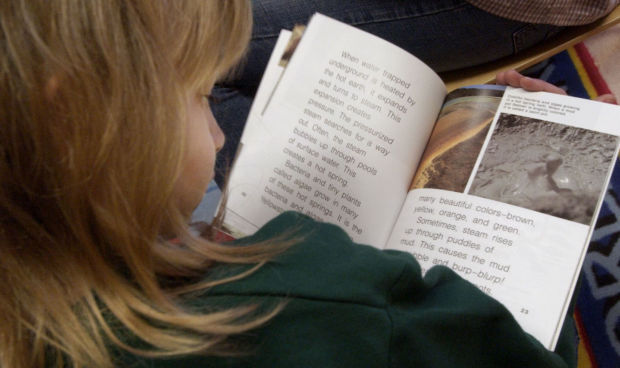PHOENIX — Foes of universal school vouchers are counting on a gap in state law to preserve their bid to force a public vote on the issue.
Roopali Desai, attorney for Save Our Schools Arizona, said Secretary of State Michele Reagan has determined there are more than enough signatures to give voters the last word on whether all parents can use tax dollars to send their children to private or parochial schools. That sets the stage for the measure going on the 2018 ballot.
What has happened, Desai said, is two individuals have filed suit contending there are multiple deficiencies in the petitions and the signatures. The challengers hope to have Maricopa County Superior Court Judge Margaret Mahoney conclude those flaws would disqualify enough signatures to leave the referendum drive short of the minimum needed.
Desai is not conceding the point. But in new legal filings, she is telling Mahoney all that is irrelevant.
She said there was a law allowing individuals to sue to challenge petitions. But that, Desai said, was repealed in 2015. Lawmakers restored that right this year, with the renewed statute taking effect Aug. 9.
Why that matters, Desai said, is that Save Our Schools Arizona started its referendum drive May 11 and submitted the signatures Aug. 8. And she contends only challenges allowed between those dates can be heard — and those challenges could not come from individuals.
Those seeking to quash the referendum will argue it is the law that was in effect Aug. 23, the date the challenge was filed, that should govern. Mahoney will hear arguments on the issue in December.
At issue is SB 1487, which vastly expands eligibility for vouchers.
The program was originally started in 2011 to help students with various disabilities who could not get their needs met at traditional public schools. Since then, however, supporters of the concept have moved incrementally to widen the law to the point that it includes children in foster families, children living on reservations and those in schools rated D or F.
There are about 3,500 students now getting vouchers.
This year Sen. Debbie Lesko, R-Peoria, sought to throw the doors wide open to eliminate any preconditions, making vouchers available to all 1.1 million students attending public schools. But she had to agree to a cap of 30,000 vouchers by 2023 to get the necessary votes.
The referendum, if allowed to proceed, would stay the expansion until the November 2018 general election when voters would get the last word whether to ratify or reject the change.
Desai is not relying solely on her argument about what the law was earlier this year in her bid to have the case dismissed. She also has some alternate arguments to undermine the lawsuit.
One of the issues goes to the requirement that the signatures of the circulators on petition sheets must be notarized.
Attorney Kory Langhofer who is representing those trying to block the referendum said there are multiple situations where the name the notary has signed does not precisely match the name on that notary’s official application and seal. What that means, he contends, is that more than 700 petition sheets where the names don’t match must be thrown out, along with the roughly 60,000 signatures on those sheets.
Desai acknowledged there may be situations where the name on the notary’s seal might be something like Jonathan A. Smith but the notary has signed John Smith. But Desai said there is nothing in laws regulating notaries that makes such a difference illegal.
She also wants Mahoney to reject Langhofer’s allegations of fraud.
Those are based on claims that some petition circulators made what Langhofer said are false statements about what the voucher expansion law would do, including that it would be the rich who benefit.
Desai, in her legal filings, said Langhofer’s claim is flawed because it does not identify who allegedly made the statements, fails to articulate how they are “materially false,” and even whether or how they were used to obtain signatures on petitions.





